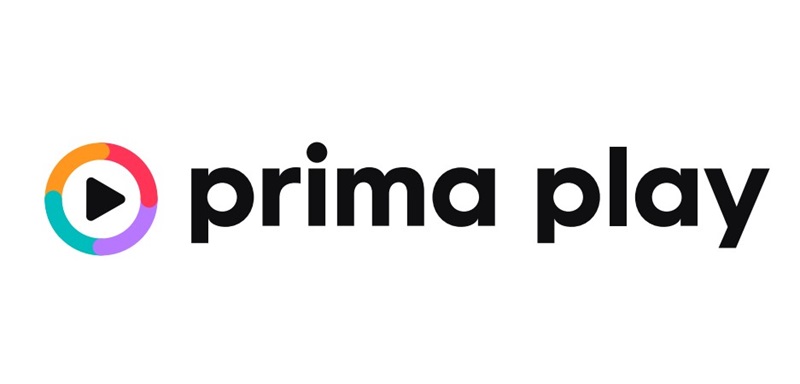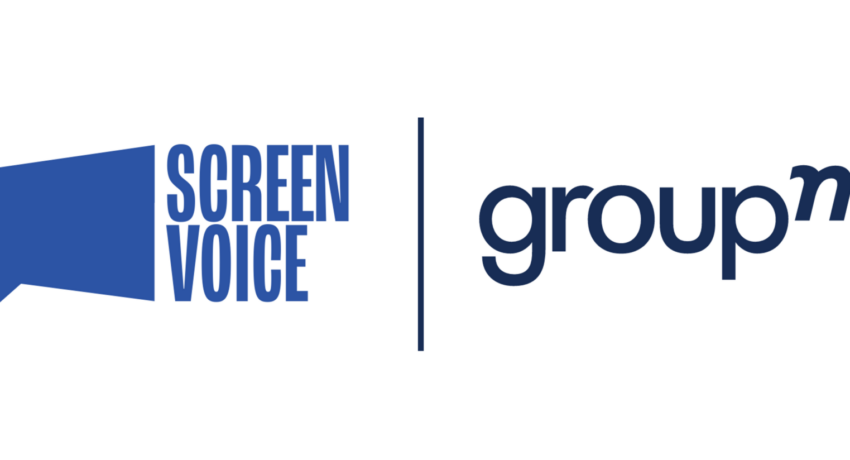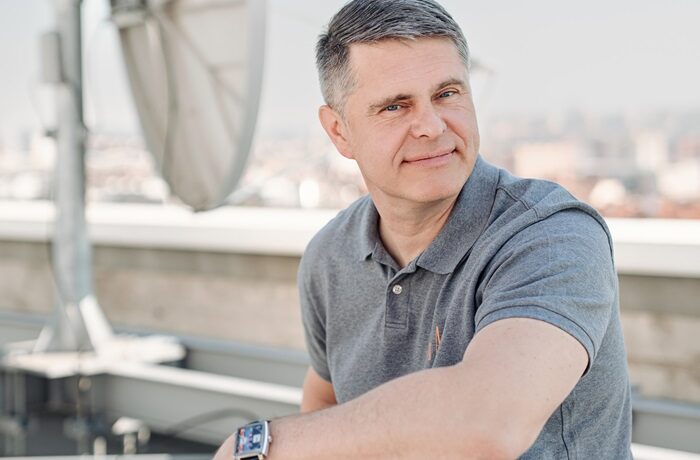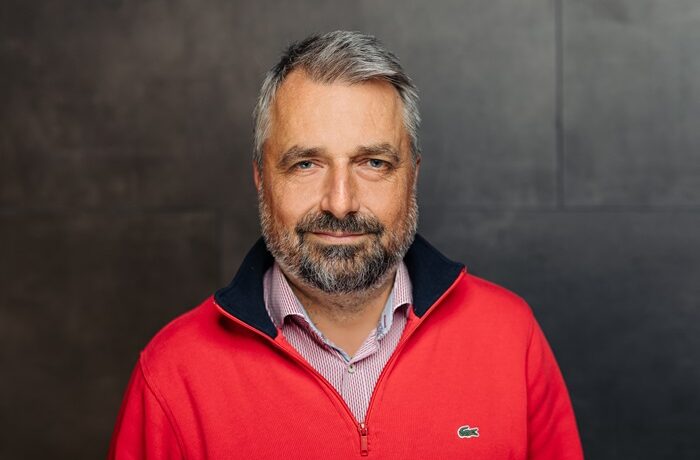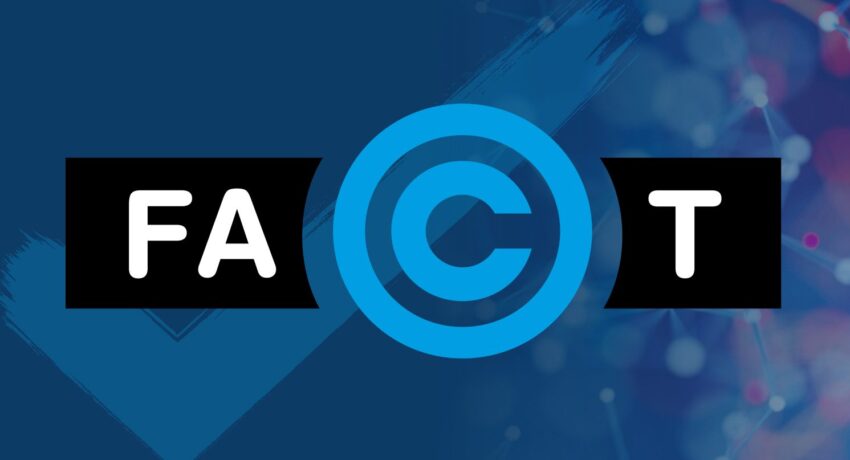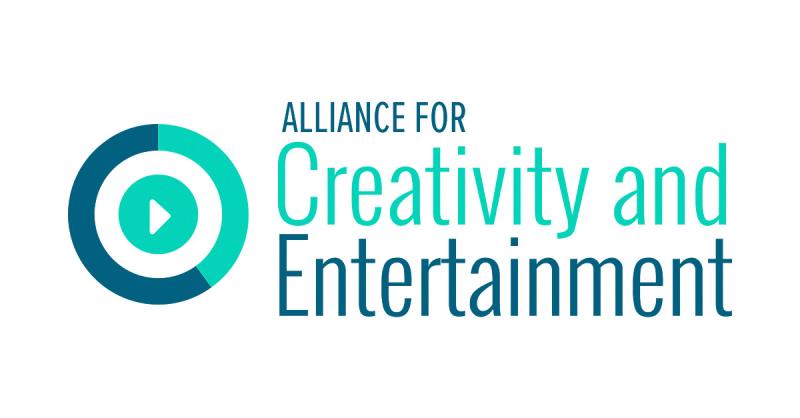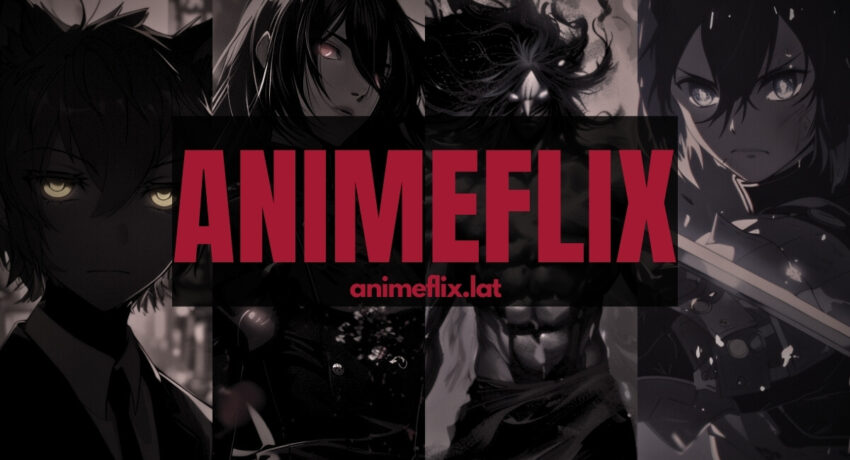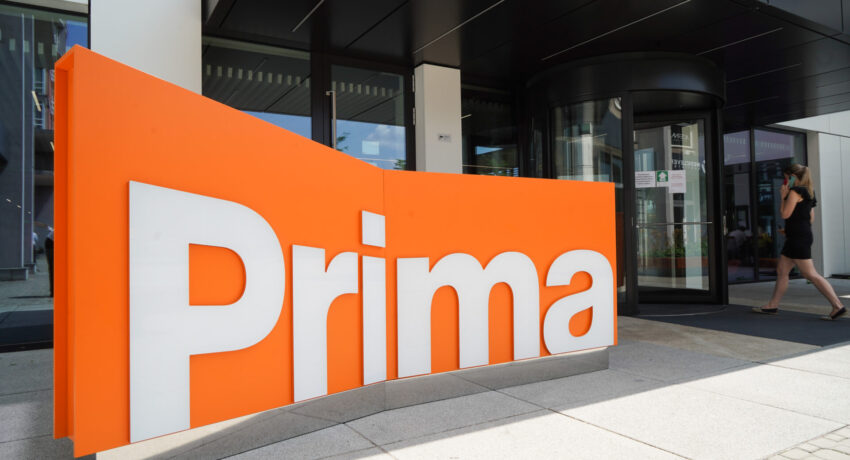The autumn TV season is already underway, but Prima Group has not yet revealed all its new programmes. It is preparing them for the second half of autumn together with other new things, says Prima’s CEO Marek Singer.
During the autumn broadcast, a new series called Kamarádi will debut on Prima Group’s main channel, replacing the regular ZOO in prime time on Tuesdays and Thursdays. The move, long considered by the broadcaster, will take place in the second half of October. According to Prima Group CEO, Marek Singer, this does not mean that ZOO as a brand will disappear for good. It could be used for a new story that would somehow build on the original one.
However, this is not the only programming news that Prima has not talked about yet. A replacement for the series Polda is also heading to the autumn broadcast. On Sunday, 22 September, Prima will also launch the announced new series Zrádci, which will complement new episodes of the series Duch, Dvojka na zabití, the reality show Honeymoon – líbánky k nepřežití or the premiere episodes of Czechia & Slovakia Got Talent.
Changes are also being prepared in the online platform prima+, and the Group’s portfolio of thematic channels on the Czech and Slovak markets is being expanded.
“Our main goal is to have an advertising model built in such a way that we combine linear broadcasting, VOD, and HbbTV, thus reaching different target groups,” says Marek Singer, describing the programming strategy for linear and VOD broadcasting in an interview with MediaGuru.cz.
The autumn TV season has just started, and Prima is entering it with several new shows. In some way, it builds on previous seasons and the spring broadcast. How did this spring season influence the autumn programming? Specifically, for example, on Mondays, where you tried to offer an alternative against the detective formats of the competition, but it didn’t work very well.
We have kept what worked for us in the spring. I am talking especially of the Wednesday and Saturday crime slots, and certainly of ZOO, the regular series on Tuesday and Thursday. Mondays are difficult for us. The competition has a solid block here, so we are trying to find shows that will attract viewers who aren’t satisfied with the competitive offerings. We will continue that search.
To kick off the autumn, you have put on the Monday night archive series, Malý pitaval z velkého města, which ran over the summer break and continues in the autumn.
We think it’s a good start against the competition. And then we will see what results the new things we are preparing will bring.
You probably have them ready, because Pitaval finishes in mid-October. Will you follow Pitaval at least in genre? Do you want to use the same weapons as your competitors?
We need to find an audience that doesn’t have a fixation on our competitors’ titles. It doesn’t have to be a crime story. We are going to be more innovative and not rely on one thing. We are not looking for just one show but rather a whole block that we can compete with.
After all, isn’t experimentation a risk nowadays?
We certainly can’t experiment on the whole portfolio, but for Monday night, we can try.
Tuesday and Thursday nights also rely on ZOO at the beginning of this autumn. But you have already announced in advance that these are the last episodes of the series. What comes after ZOO?
We have already got a new programme, another series with new heroes. It is called Kamarádi (Friends) and its subtitle is “Friendship is sometimes more than love”. The story is based on the friendship of three young people who return to their home village. Like ZOO, we will broadcast the series twice a week on Tuesdays and Thursdays.
And when will you launch it?
We will launch it in the middle of the autumn season, sometime in the second half of October.
Will the new series reach the same results as ZOO?
We believe so. For us, the 18-69 age group is crucial and we are doing everything we can to defend our victory in this group on Tuesday and Thursday night. The battle with the competitive series Jedna rodina will continue. We want to try something new because we think the story with the current protagonists of ZOO has reached its finale and we need to come up with something new.
We want to try something new because we think the story with the current protagonists of ZOO has reached its finale and we need to come up with something new.
Where is the line where you say that ZOO has run out of steam, even though it is still delivering winning numbers in its broadcast time?
Just because we have now decided to continue with the new series on Tuesdays and Thursdays doesn’t mean ZOO will never return.
Are you thinking about ZOO coming back with some kind of modification?
Yes, but it won’t be the same story. But to be called ZOO, it has to have something of the original story. For example, some of the protagonists, but not all of them, because ZOO had multiple main characters.
Returning to the current autumn schedule, a new item compared to previous seasons is the reality show Honeymoon, which airs in later prime time every day from Monday to Thursday. But the premiere episodes are to be watched a week earlier on the VOD platform prima+. What is the goal of this reality show: to gather viewers online or through linear broadcasting?
The reality show Honeymoon is primarily a VOD title, i.e. for prima+. We anticipate that it may appeal to many viewers on VOD. We are targeting not only subscribers but also viewers in the free tier of prima+ in general.
Is the launch in linear TV broadcasting mainly a marketing ploy?
I would say it’s a shame not to use TV at a time when we are still building the prima+ brand. Honeymoon is a format aimed at younger viewers who watch VOD more than older ones. But if we can attract more viewers to watch through TV, that is an added value for us.
We are talking at a time when you have only aired the first few episodes, but can we tell from them how Honeymoon can work on the prima+ VOD service?
Honeymoon brings us new subscribers every day and is set up to be very successful in acquiring new users. It is a format the Prima viewers haven’t seen in a long time. Judging by the early numbers, those who have seen it once go on watching. But it is not easy. It is hard to break through with a new brand in a young target group. The offer is oversaturated in this respect. Overall, Honeymoon has over 400,000 video views on prima+, it is currently the number-one show in terms of plays.
Overall, Honeymoon has over 400,000 video views on prima+, it is currently the number-one show in terms of plays.
Saturday and Wednesday evenings were successful for Prima in the spring thanks to detective series – whether it was Zákony vlka, Pod hladinou, Na vlnách Jadranu, or Polda, including its reruns. In the autumn, you enter these airtimes with new seasons of Dvojka na zabití and Duch. Will both series hold on to win Wednesdays and Saturdays for Prima in the 18-69 audience group?
We are coming up with a sequel because the first seasons of the series succeeded. We believe we can hold our position in these times.
The reruns of Polda worked particularly well. Will you be making new episodes?
Polda already had a grand finale. We originally adapted it from a foreign script and then shot the new episodes using our scripts, because there was nothing to adapt. But even the authors felt that we had exhausted the story, so instead of Polda, we will come up with a new series – Hrdina. It’s also a detective story, starring Jan Nedbal. The authors are the creators of Polda.
We haven’t yet talked about probably the biggest news of the autumn broadcast on Prima, the reality competition series Zrádci (The Traitors). It’s a new genre for Prima, and it’s going straight to Sunday night. Isn’t that a risk?
It’s a new thing, and it can be a risk but less than the reality shows we have created entirely on our own. The Traitors is a licensed format that we know has been well received in most countries where it has aired if adapted successfully. The Traitors is produced by a good team, and we persuaded Vojtěch Kotek to be the presenter, he was the right match for the role. So far, our internal indications are that the show is working well, so we hope that our estimates will be confirmed after the launch.
What kind of audience are The Traitors supposed to attract? Those who like reality shows, competitions, or suspense?
The Traitors don’t just target viewers of competitions or reality shows. They contain the suspense of a detective story like Ten Little Niggers and the game combinations in the Palermo City style. Therefore, the audience can be broader, and everyone can find what they enjoy in The Traitors. Younger viewers are more likely to choose the gaming elements, while the middle-aged and older generations may appreciate the detective suspense more.
The reality show format, by its very nature, is mostly aimed at younger viewers. On the other hand, those people don’t watch linear programming as much. How much of a dilemma is it to launch such shows? For example, on Friday prime time when there is the new season of Czechia & Slovakia Got Talent.
We can’t give up the opportunity and not include the show in the linear broadcast at all. The key is to give viewers the opportunity to see it on TV as well as on VOD. Because that’s where the young people are. We want to offer them the show in a way that they can access it on a distribution platform that is closer to them.
The key is to give viewers the opportunity to see it on TV as well as on VOD. Because that’s where the young people are.
At the summer press conference for the autumn broadcast, you did not present all the programmes you prepared for the autumn. How many premiere titles do you need for one season – autumn or spring – these days?
We don’t calculate new shows so much by the number of premieres but according to what slots we need to fill given the competition so that the premieres are strong enough. From that, we come up with a number of premiere hours. We wouldn’t be opposed to having one thing for the whole season, but we usually try a smaller number of episodes for new things – and depending on whether the title catches on, the second season gets longer.
Are the investment costs for each season increasing?
Everything is more expensive, and so is the production of shows. That’s one of the reasons why we have to try to raise the price of advertising.
The situation in the TV market has changed a bit because the smaller TV operators of the TV Barrandov and Óčko groups have new owners and are trying to deal with their situation and future. What does this mean for Prima?
We will see. Both of these players were represented by our Media Club in the advertising market, but our contracts are ending this year, and we will see what happens next.
Are you considering buying Barrandov or Óčko?
It is always a matter of supply and demand. We will calculate their value and what we would gain by doing so.
Does it make sense today to invest in the acquisition of an existing channel considering the opportunities and portfolio that Prima has? Is the idea of having a music and lifestyle channel attractive to Prima at all?
It is purely an economic consideration whether to buy something or create it on your own. I don’t think the market needs a pure music channel. On the other hand, a lifestyle channel for different target groups might pay off, but the question is whether it should be a national channel, a pay channel, or a FAST channel.
I don’t think the market needs a pure music channel. On the other hand, a lifestyle channel for different target groups might pay off.
You announced that a year and a half after its launch, the video platform prima+ has 1.2 million registered users and over 160 thousand paying users. What are the goals for the next year?
We will soon announce the changes we are making to prima+. They are intended to support the even greater emphasis we want to put on prima+. We seek to strengthen our product and content offering even more. It’s not going to be a pivot, but we intend to strengthen prima+ even more.
Will the three viewing options on which prima+ is based remain? That is, registration, subscription with advertising, and ad-free subscription, or do you want to reconsider it?
We may reconsider the options. But it doesn’t change the fact that we will need an online and subscriber advertising offer. It is important to learn from how people use the platform what potential it has and what steps the competition is taking, not only in the Czech Republic. At first, only the SVOD model was being promoted, then advertising started to be added, and now FAST channels are a hit. It’s moving towards a mix of models and it will continue to evolve.
But you will keep the tariff with the advertising layer…
By all means. But the question is whether it will be one layer or two or three layers and what they will be. Packages are now starting to build more on the richness of the offerings and pricing is being set accordingly. The initial price may even be zero. The offer may be more structured overall than what we have today.
The trend abroad is also towards bundling of different services and exclusive agreements with operators. Can you imagine agreeing on a partnership with Netflix and creating a package for the Czech market with both global and local services?
Netflix in particular is not yet doing much of this kind of cooperation, but I am convinced that distribution partnerships will be formed, as we have with Vodafone, for example, or even content partnerships will emerge. The Czech market is small, and it is probably not the best strategy for everyone to fight alone. So, consolidation is to be expected, but we will see whether it will only occur across the Czech market or whether it will be a result of the presence of global players and their decisions.
Where is the profitability limit of prima+? Do you calculate it separately for linear and VOD?
This is not the biggest priority for us, we are primarily concerned with having an advertising model built to combine linear broadcasting, VOD, and HbbTV, and thus reach different target groups. That’s not to say that we don’t value profitability. But I see it as more important that our product works as a whole and that we try to engage viewers where they want to be. Certainly, we track how much we invest and how we get it back. But, for example, depreciation for titles that appear on TV and also on VOD can shift the result up or down. It depends on where they are allocated.
The Czech market is small, and it is probably not the best strategy for everyone to fight alone. So, consolidation is to be expected.
According to your calculations, where is the saturation of the VOD market in the Czech Republic? Are we approaching it?
That’s hard to say. In my opinion, we have already reached the first wave of saturation. But if we look at foreign markets, specifically European markets, the standard is two to three services per household. We are not there yet, and I guess that we will get there. You can see that viewers are moving more between services. It’s starting to resemble switching in a TV environment, except that it’s not switching within the evening, it’s switching from month to month.
Are you still considering a new channel for operators?
This year we started to create thematic channels for Slovakia. We have started with Prima Cool, followed by Prima Love and we are preparing others. We are also preparing news for the Czech market, which we will introduce during the autumn.
And what about the sports channel for Prima about which there was a lot of speculation last year?
Its possible establishment is conditional on a partnership that we could negotiate. If we don’t have an operator behind us, it is uneconomical to build a sports channel. And we still need to have agreements with partners who have sports rights.
The hot topic of the autumn will be the parliamentary negotiations on the form of the amendment to the Czech Television Act and the amendment to the Act on Television and Radio Broadcasting. The reactions of the commercial media to the government’s draft amendment indicated that you were not entirely satisfied. What amendments will you come up with?
A memorandum defining the public service is being drafted in working groups with representatives from public service media, private services, and the Ministry of Culture. We consider the form of that memorandum to be important. As far as Prima TV and my view are concerned, I believe that an increase in the fee by CZK 15 should be sufficient [Editor’s note: The proposal envisages an increase in the fee for ČT (Czech Television) from CZK 135 to CZK 150 per month.]. I consider the introduction of a fee for companies based on the number of employees and its automatic increase by inflation to be systemically wrong.
Source: mediaguru.cz
